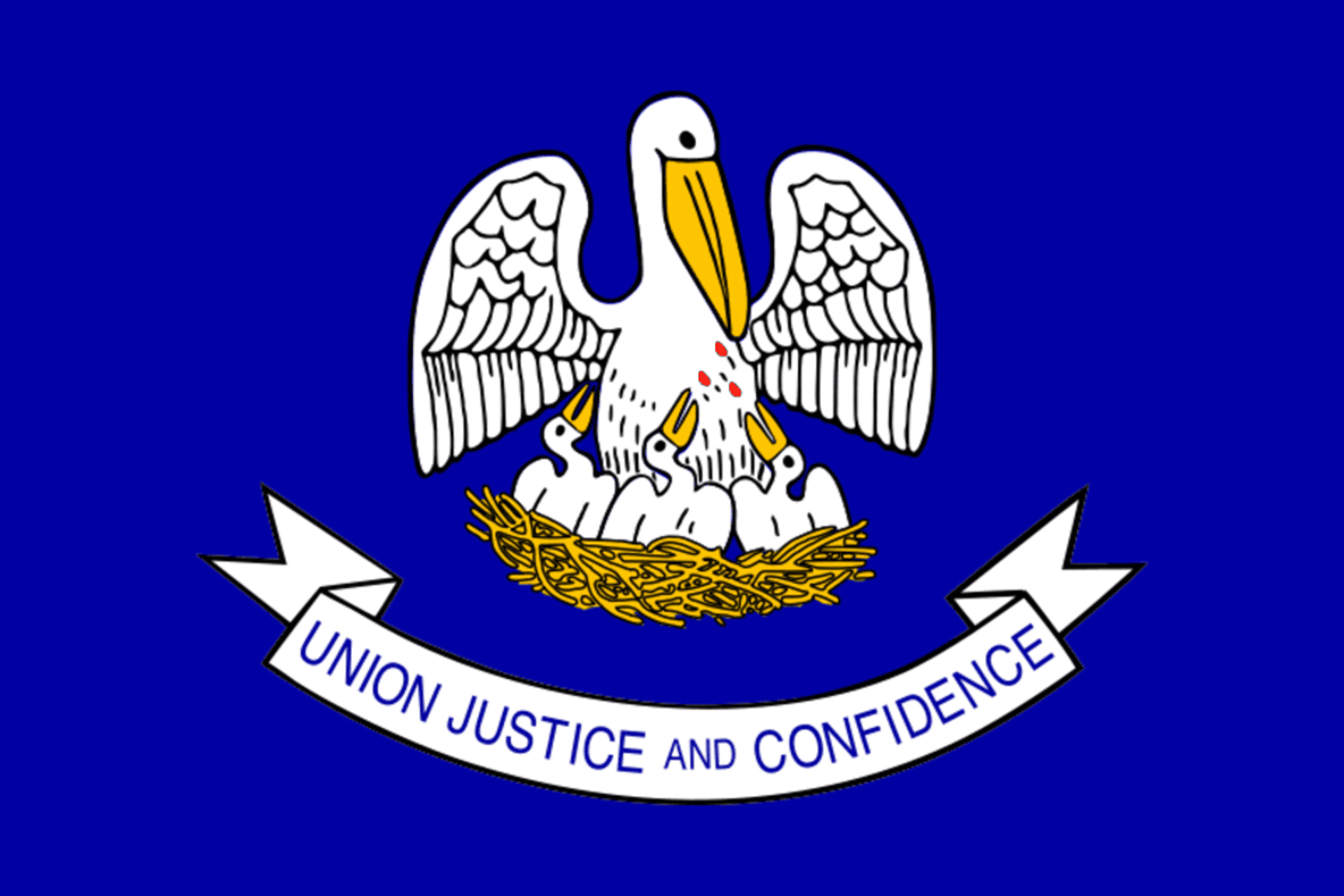Originally Published on forbes.com on February 2nd, 2012
______________________________________
I guess it has become apparent that “securitizing” some mortgages was probably not such a hot idea. This Louisiana tax title case emphasizes that point. It could be it is just rubbing salt in the wound, but I find it kind of interesting. Maybe it is because I took Latin in high school. I was thinking about shortening the title but I think the full title is worth the space :
I guess we all know who Chase Bank and Deutsche Bank and JP Morgan are. The role of Webeland Inc and the officials of Tammany Parish will become apparent as we tell the story. It starts with Clifford and Vickie Keen who owned property (“the Shubert Lane property”) in Covington Louisiana. Apparently they did not pay taxes that were due on the property. The sheriff mailed a notice to the address listed on the “act of sale”, a PO Box. It was addressed to KEEN, CLIFFORD L JR ETUX. Not clear what happened here, but it seems like either the PO Box was no longer active or the mail clerksent it back because the box was not registered to somebody named Etux. So the sheriff published a delinquent tax notice identifying Clifford Keen ETUX on June 2, 2005.
According to this article a Louisiana tax lien certificate will give you a nice rate of interest if the owner pays the delinquent real estate tax. If they do not pay within three years you can sue for quiet title. Then the property is yours free of all liens, including mortgages. The Shubert lane property certificate was purchased from the sheriff by Jackson Title Company, who it appears from this has been at the game for a while, on June 24, 2005. Jackson then sold their interest to Webeland in 2006.
Mr. Keen and his ux, Vickie, appear to have been innocent of these transactions:
Thereafter, on December 21, 2006, the Keens executed a promissory note in the amount of $183,700.00, payable to Chase Bank. To secure repayment of the note, on that same day, the Keens granted Chase Bank a mortgage over the Shubert Lane property. Chase Bank’s mortgage was recorded on January 30, 2007, in the St. Tammany mortgage records, over a year and a half after the tax sale was recorded.
At the point they signed the mortgage, there was a sense in which the Keens no longer owned the property, although they still had a right of redemption. The trustees of Mortgage Acquistion Trust 2007-CH3 probably should have been paying better attention to the fine points of Louisiana property law. I guess that is why they called the mortgages sub-prime. You want a mortgage signed by somebody, who actually has clear title to the property, maybe you should shoot for prime.
The trustees did not do such a hot job of monitoring the mortgage from there. In 2008 Webeland sued for quite title naming the Keens and Chase as defendants. Under the “long arm” statute, notice was sent to Chase Bank. That piece of mail made it through with the return receipt being signed on behalf of Chase by “J. Ransom”. Apparently the mailing did not make that much of an impression:
Chase Bank did not answer the lawsuit, file a reconventional demand therein, or participate in the proceeding in any way. Nor did Chase Bank institute a separate proceeding to attack the validity of the tax sale while the confirmation lawsuit was pending. On April 15, 2009, over six months after Chase Bank was served with notice of the lawsuit, Webeland filed a motion for a preliminary default, which was entered the following day. On April 23, 2009, a default judgment was entered in favor of Webeland and against the Keens and Chase Bank, confirming and quieting Webeland’s title to the Shubert Lane property, and ordering the erasure of Chase Bank’s mortgage from the mortgage records. No appeal was taken from the April 23, 2009 judgment.
In 2010, Chase sued to get the mortgage reinstated. Although they won on the first round the appelate decision last month leaves them holding an empty bag. The decision was fairly complicated. Apparently they could not argue that they did not receive proper notice, so they tried to overturn the original tax sale, which happened before their mortgage. They did that by sticking up for the little people by arguing that Vickie had not been properly identified in the delinquent tax notice. After all, not that many people learn Latin anymore. Tragic, but true. The Court did not buy it:
Chase Bank is presumed to have had notice of the tax sale, which had been recorded in the St. Tammany Parish mortgage records before the Keens granted Chase Bank a mortgage over the subject property. Furthermore, Chase Bank was made a defendant in and received notice of the confirmation proceeding, but simply chose not to take any action to contest the tax sale.
In the footnotes to the case there is an indication that Webeland paid Vickie and her vir something for their interest in the property. That made me feel better about the whole thing.
You can follow me on twitter @peterreillycpa.































































































